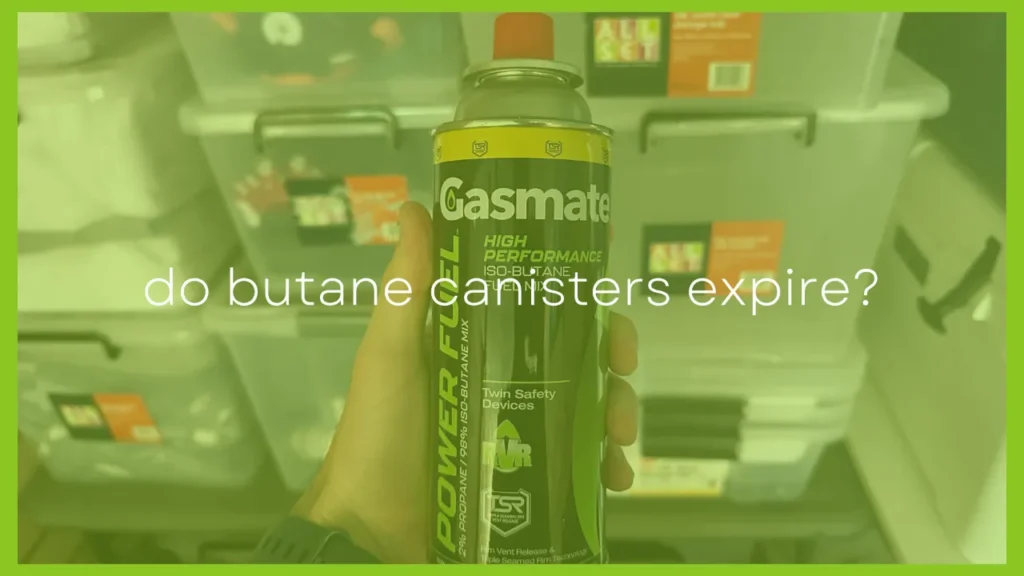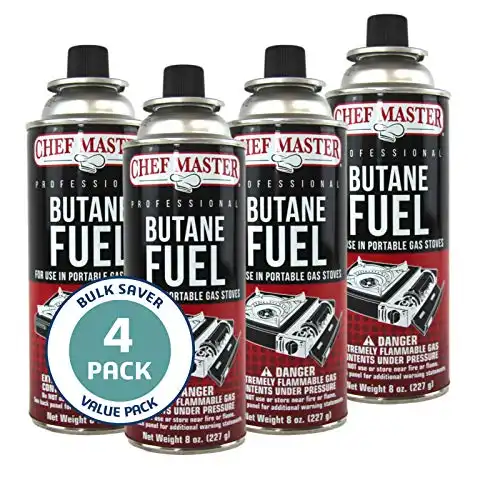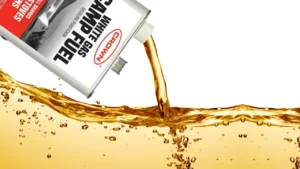Whenever I see butane canisters on special, I like to stock up on them because I use them a lot while camping. Sometimes I hold onto them for years before ever using them.
But is keeping a stock of them a good idea or do they ever go bad or expire?
Butane canisters expire and go bad because the metal deteriorates over time (this can be worse if the can is constantly exposed to moisture and rusts). The valve and seal can also wear out, causing the butane to leak out. The butane inside, however, never expires, not in a meaningful amount of time anyway.
This is good news. I store my butane canisters in my garage and away from excessive heat, sunlight and external moisture. This means the cans don't tend to rust or go bad within a 3-5 year time frame (which is usually the longest I hold onto them before using them).
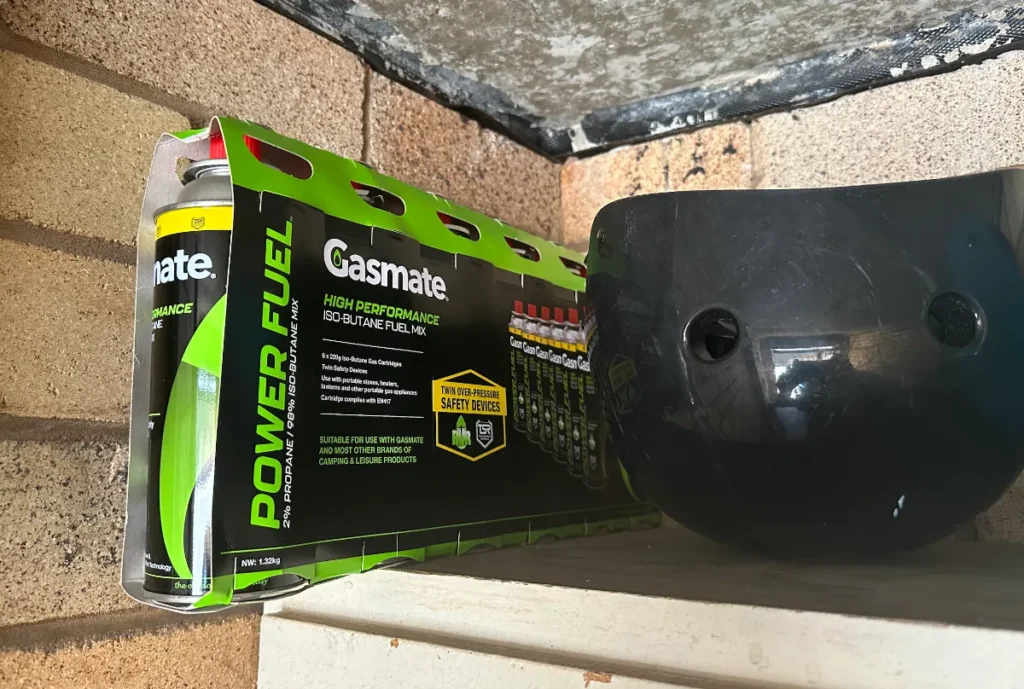
Butane is highly flammable and the canisters are pressurized so it’s important to know how to use them safely and if the canister is still fit for use.
What Is The Shelf Life of Butane?
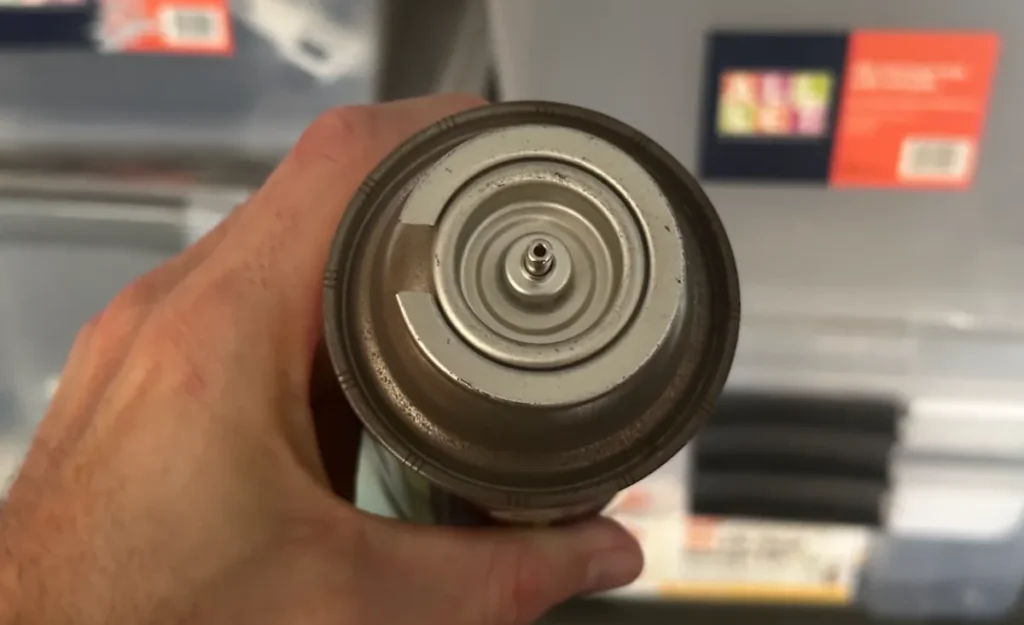
Butane’s shelf life is basically indefinite because it never degrades with time. However, the canisters themselves have a shelf life (usually 8-10 years) because the metal can degrade and the seal and valve can eventually malfunction and cause the gas to leak out.
It’s good to note that butane becomes less effective at temperatures below freezing point.
On the flip side, storing it at temperatures higher than 122°F (50°C) can cause it to heat up excessively, pressurize the canister walls and potentially explode. However, these explosions are unlikely as many butane canisters have built in safety systems to release pressure safely in the case of an overheating.
The exception to this is when the canister is near an open flame. So make sure to always store your canisters correctly and never leave them near an open flame.
Can I Use an Expired Butane Canister?
Technically butane canisters don't expire or have an expiration date. On the underside of most butane canisters you'll see a date of manufacture – but no expiration date can usually be found.
Below you can see this canister was manufactured on the 4th December 2020 – making it a few years old now. However, the can is still in good condition, shows no signs of rust or deterioration and is still years from the recommended 8-10 year lifespan.
Last time I went hiking and camping and I used one that was a few years old and I didn't have any issues. However, I stored the butane canister really well so it was in great condition.
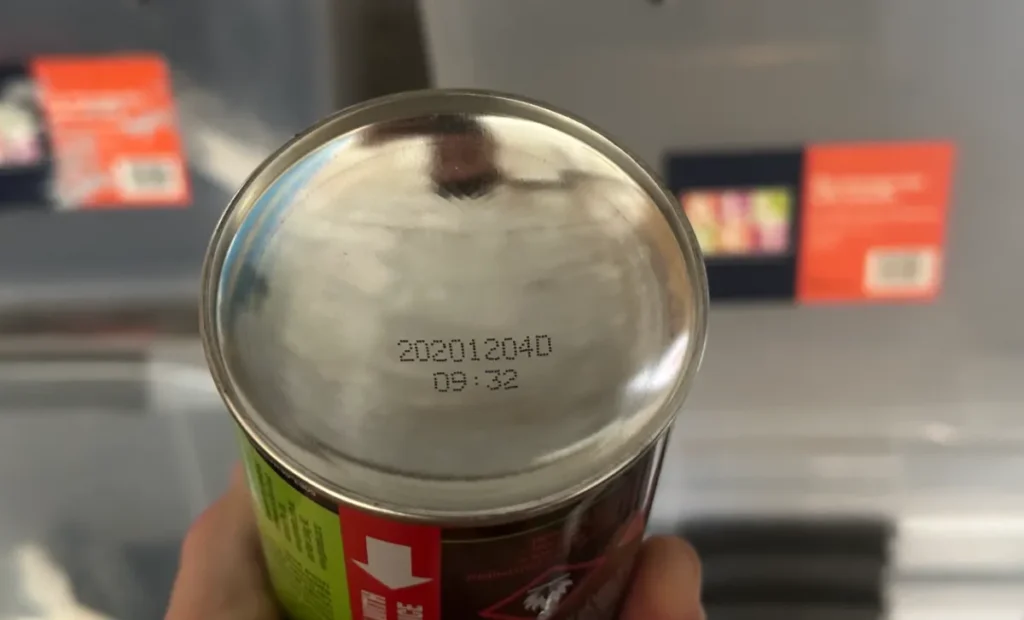
You shouldn’t use an expired butane canister unless you’re 100% certain that the canister is still in excellent condition and shows no signs of wear and tear or damge. If you’ve stored the butane canister in a cool, well-ventilated place and upright, it’s more likely to be in good condition even years (or decades) later.
If you have an expired butane canister, here are some tips to help you decide if it’s safe to use:
- Inspect the canister for damage. Look for signs of corrosion or rust, dents and carefully check the valve and seal for signs of wear and tear. If you notice any damage, don’t use it as there may be a slow leak that can ignite when it’s near a heat source. In this case it's best to discharge the gas in a well ventilated area and dispose of the butane canister safely.
- Don’t use leaking butane canisters. The older a canister is, the more likely it is to have a leak (this is especially true if it’s expired). A leak can cause an explosion when you use the canister and you can check for leaks by spraying it with soapy water – if it bubbles, there’s a leak.
- Avoid using a second-hand butane canister because you don’t know how it’s been stored or if it’s been dropped. Storing butane canisters upside down or on the side can make the heavy butane gas pressurize the inner walls and cause it to explode or release it's gas, while dropping it can damage the valve.
- Look for the CRV (countersink release vent) logo. If the canister has the feature, it’s safer to use because it has vents that depressurize it if it’s exposed to extreme heat, greatly reducing the risk of an explosion.
Chef Master Butane Cylinders from Amazon are a great example of butane canisters with this safety feature if you’re curious.
If you’d like some more safety tips for butane canistes, here is a useful YouTube video to watch:

